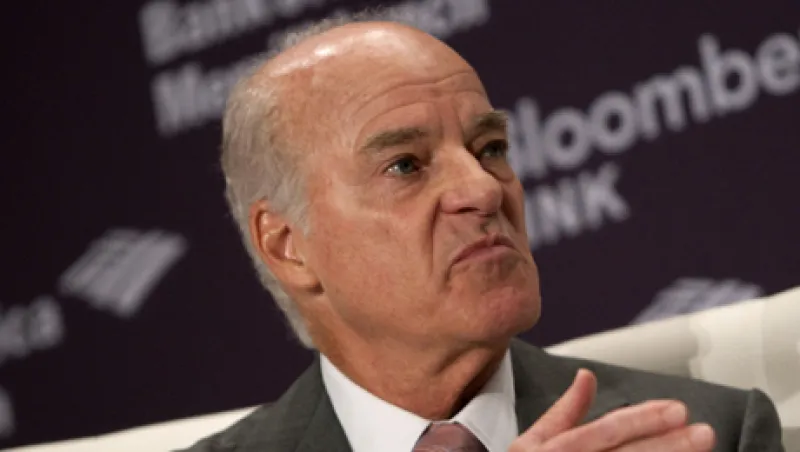
Accenture and Kravis-backed Fund Help Technology Start-Ups
Speeding up the vetting process can mean putting vital compliance apps and fraud detection into place sooner.
Katherine Heires
August 16, 2012


